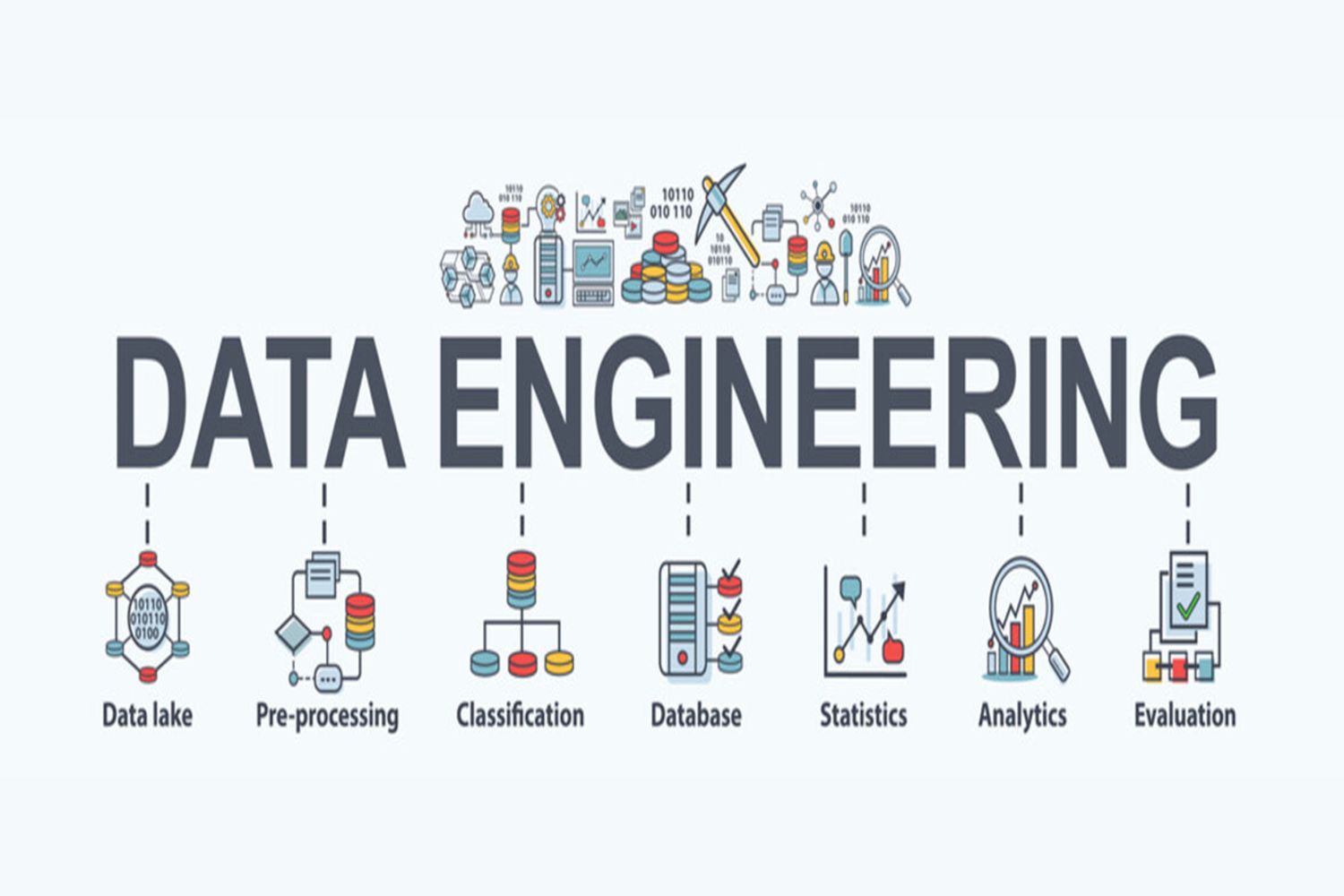
Data Engineering
Data engineering is a multifaceted discipline that plays a critical role in the lifecycle of data within an organization. At its core, data engineering involves the design, development, and management of the infrastructure and systems that enable the effective handling, processing, and analysis of data. It encompasses a wide array of tasks and responsibilities, from the initial ingestion of raw data to its storage, transformation, modeling, and eventual consumption by data consumers such as analysts, data scientists, and business stakeholders.
One of the fundamental aspects of data engineering is data ingestion. This involves the collection of data from diverse sources such as databases, APIs, logs, sensors, and files. Data engineers design robust pipelines and workflows to extract data efficiently and reliably, ensuring that it is captured in a timely manner and without loss of fidelity. This process often involves dealing with varying data formats, protocols, and data quality issues, requiring careful consideration of factors such as scalability, fault tolerance, and data consistency.
Once data is ingested, it needs to be stored in a manner that facilitates efficient access, retrieval, and analysis. Data engineers are tasked with selecting and implementing appropriate storage solutions based on the organization’s requirements and use cases. This may involve traditional relational databases, NoSQL databases, data lakes, or cloud-based storage services. They need to consider factors such as data volume, velocity, variety, and veracity, as well as cost considerations and compliance requirements.
Data processing is another core aspect of data engineering. Once data is stored, it often needs to be transformed, cleaned, and aggregated to prepare it for analysis. Data engineers leverage technologies such as Apache Spark, Apache Flink, or cloud-based data processing services to perform these tasks at scale. This involves writing and optimizing data processing workflows, handling complex transformations, and ensuring the efficient utilization of computational resources.
Data modeling is essential for organizing and structuring data in a way that facilitates efficient querying and analysis. Data engineers design and implement data models that capture the relationships and semantics of the underlying data, enabling data consumers to derive meaningful insights. This may involve relational modeling techniques such as entity-relationship modeling or dimensional modeling for data warehouses, as well as schema-on-read approaches for flexible data exploration. Data engineers need to strike a balance between the flexibility of data models and the performance requirements of analytical queries, optimizing schema designs to support diverse use cases and access patterns.
In summary, data engineering encompasses a broad range of activities aimed at enabling organizations to effectively manage, process, and derive value from their data assets. From data ingestion to storage, processing, and modeling, data engineers play a crucial role in building the foundation for data-driven decision-making and innovation within an organization. This requires a deep understanding of data technologies, domain knowledge, and collaboration skills to design and implement robust data solutions that meet the evolving needs of the business.


